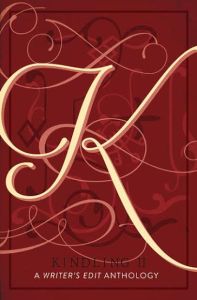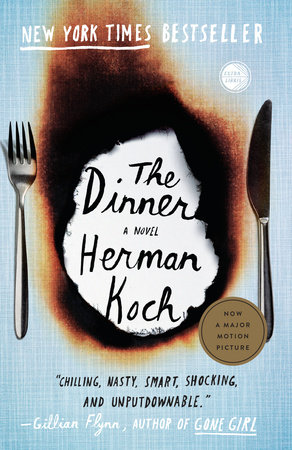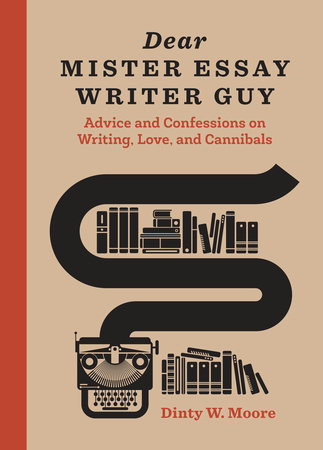
In Distinctly You, Cheryl Martin does a wonderful job of pointing readers to see themselves in light of God’s beautiful workmanship, rather than the usual tendency to compare ourselves to one another. The book’s tagline “Trading Comparison and Competition for Freedom and Fulfillment” so aptly describes the meat of the book.
The book is helpfully divided into two sections. The first section is titled “Distinctly You Blockers,” which discusses the problems and lies, that keep us from realizing ourselves distinctly. The second section is titled “Distinctly You Builders,” and it discusses the truths that help us realize and fulfill our distinct role in God’s creation.
Due to Martin’s conversational, casual tone, this book was easy to read and understand. Martin drew upon much of her personal experience and personal stories, and I know I was able to relate to much of the feelings she had had at one point or another. She discussed her own struggle with body image, singleness, failed marriage, career, and so much more.
Over and over again, Martin emphasized that too often we are caught up with our own feelings and what we think others think. Yet, what we need to focus on is God’s truth.
The only thing I didn’t like about this book was that sometimes the chapters/topics seemed so random. I would have liked a bit more structure that would have knitted the whole thing together a bit more. The good part about this means it is incredibly easy to read a chapter a week, or even just a chapter a month.
If you’re looking for a good read that tackles issues of viewing yourself distinctly beautiful the way God made you, then I would definitely recommend this book.
FTC Disclaimer: I received a free copy of this book from Bethany House Publishers in exchange for an honest, unbiased review.

 Written by Robert Jackson Bennett, City of Blades is an action-packed urban fantasy novel, portraying an interesting world full of normal humans dealing with unexpected, fantastical moments of divinity.
Written by Robert Jackson Bennett, City of Blades is an action-packed urban fantasy novel, portraying an interesting world full of normal humans dealing with unexpected, fantastical moments of divinity. A Treasured Concealed by Tracie Peterson is a historical romance that grabs readers, takes them through an exciting story, gives them a taste of love—all while pointing to Christ, who never forsakes his beloved.
A Treasured Concealed by Tracie Peterson is a historical romance that grabs readers, takes them through an exciting story, gives them a taste of love—all while pointing to Christ, who never forsakes his beloved. The team at
The team at 




